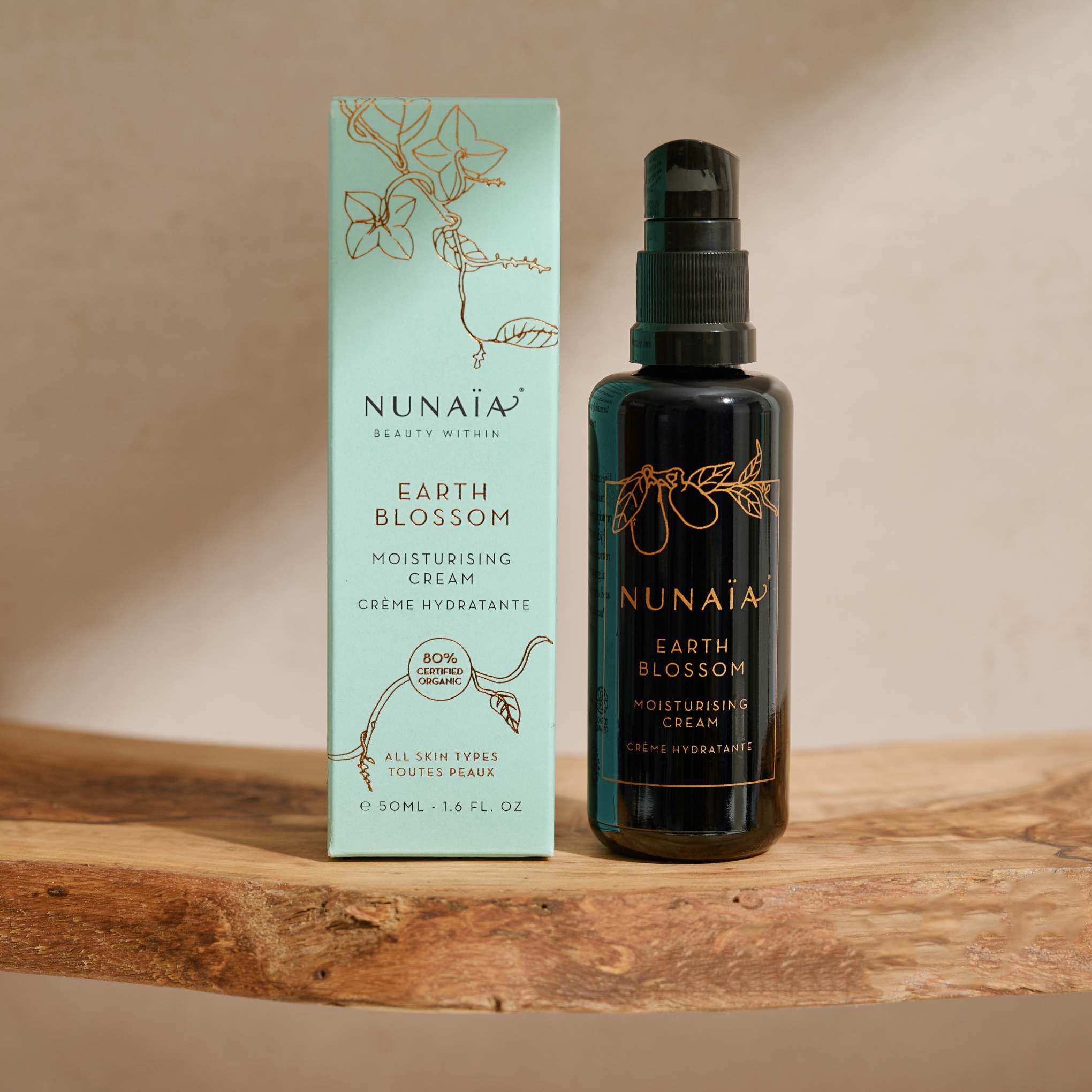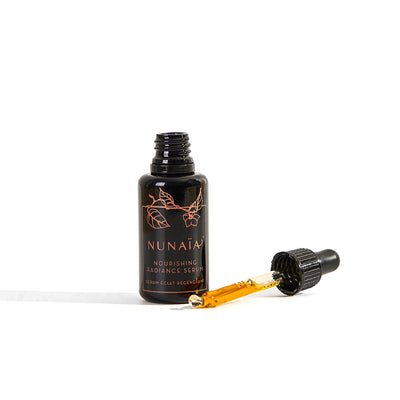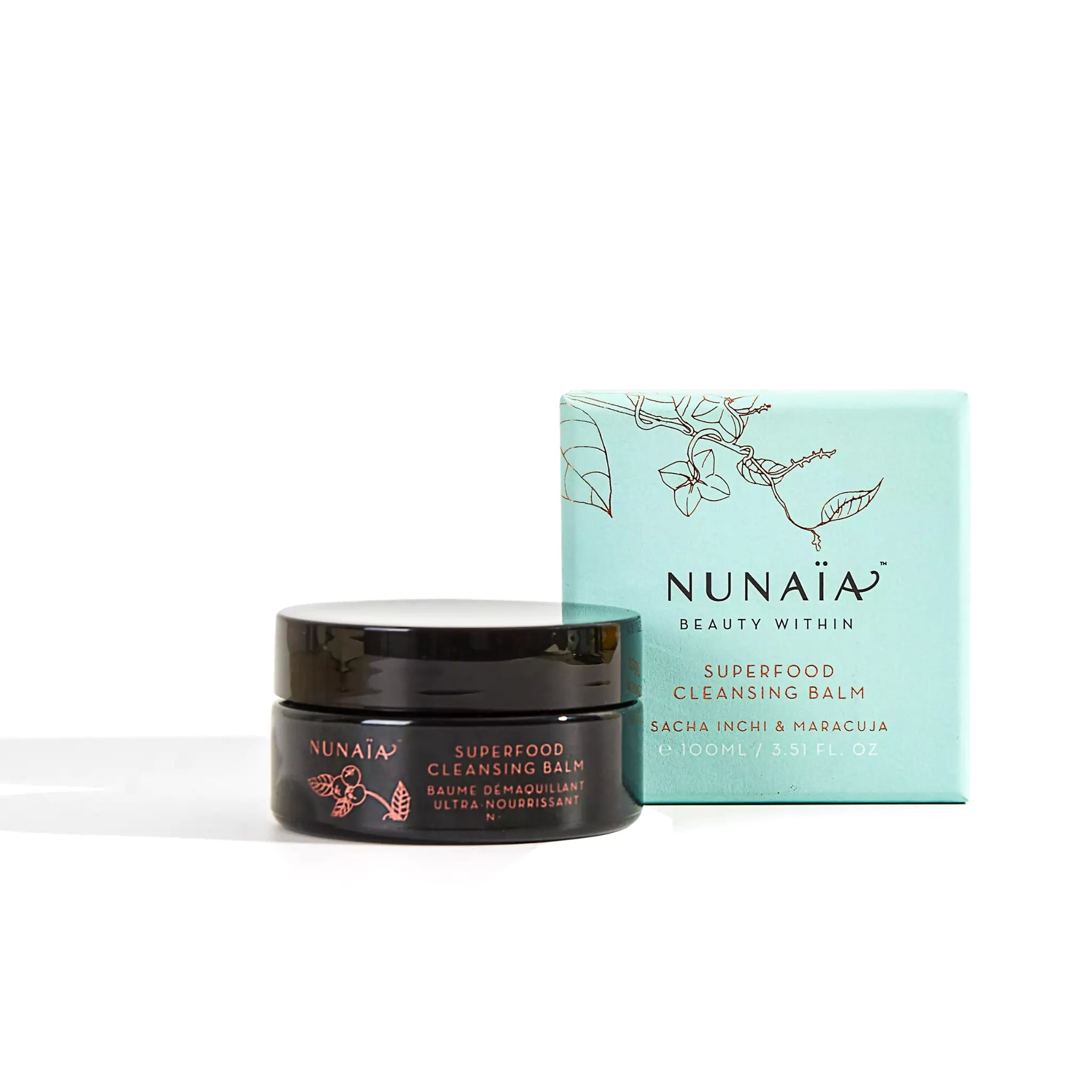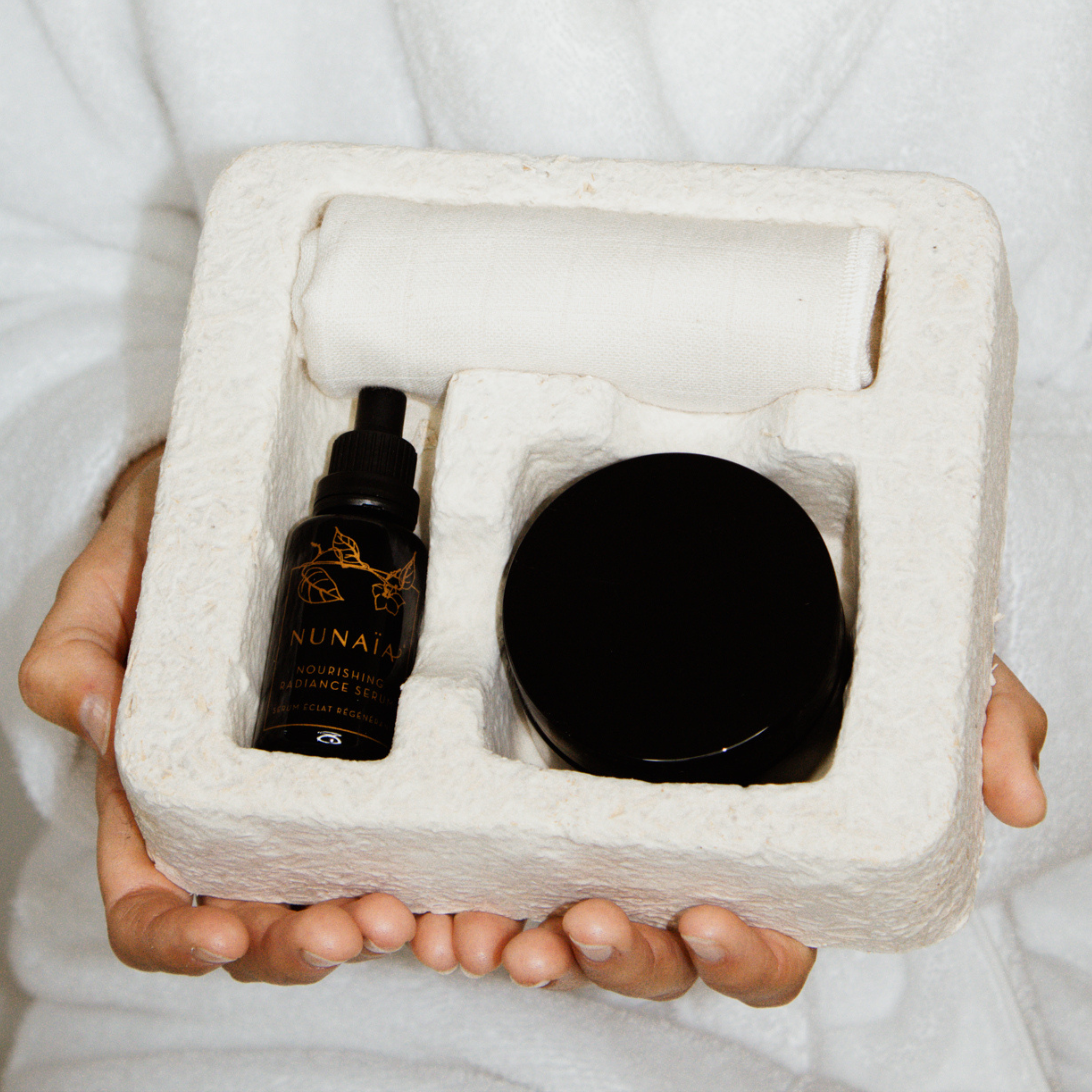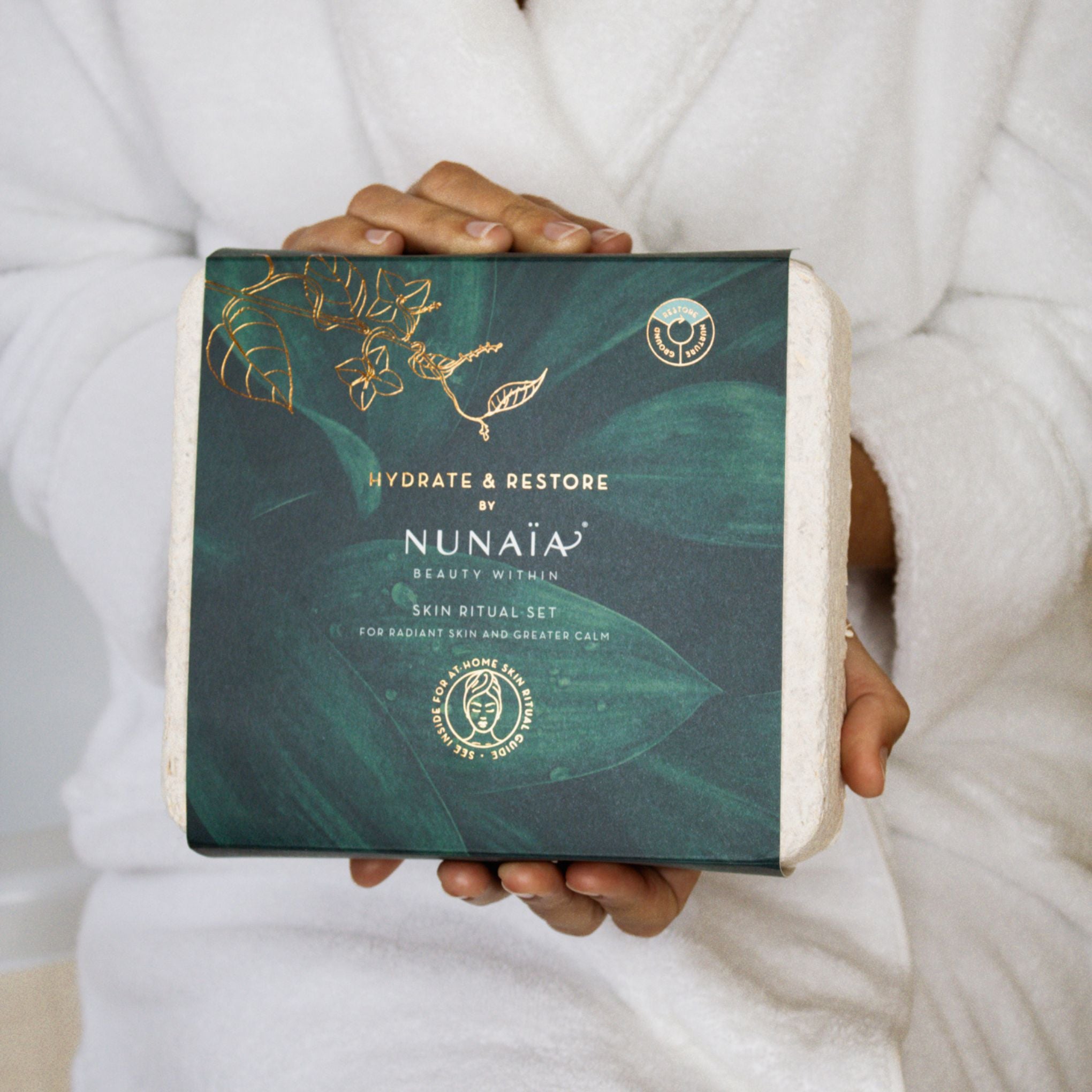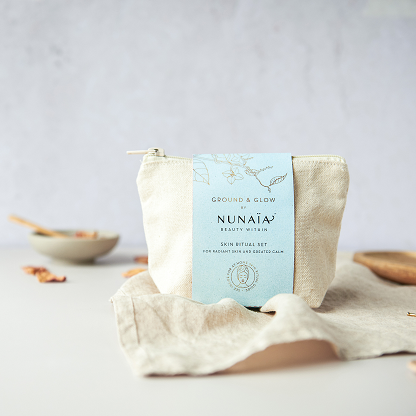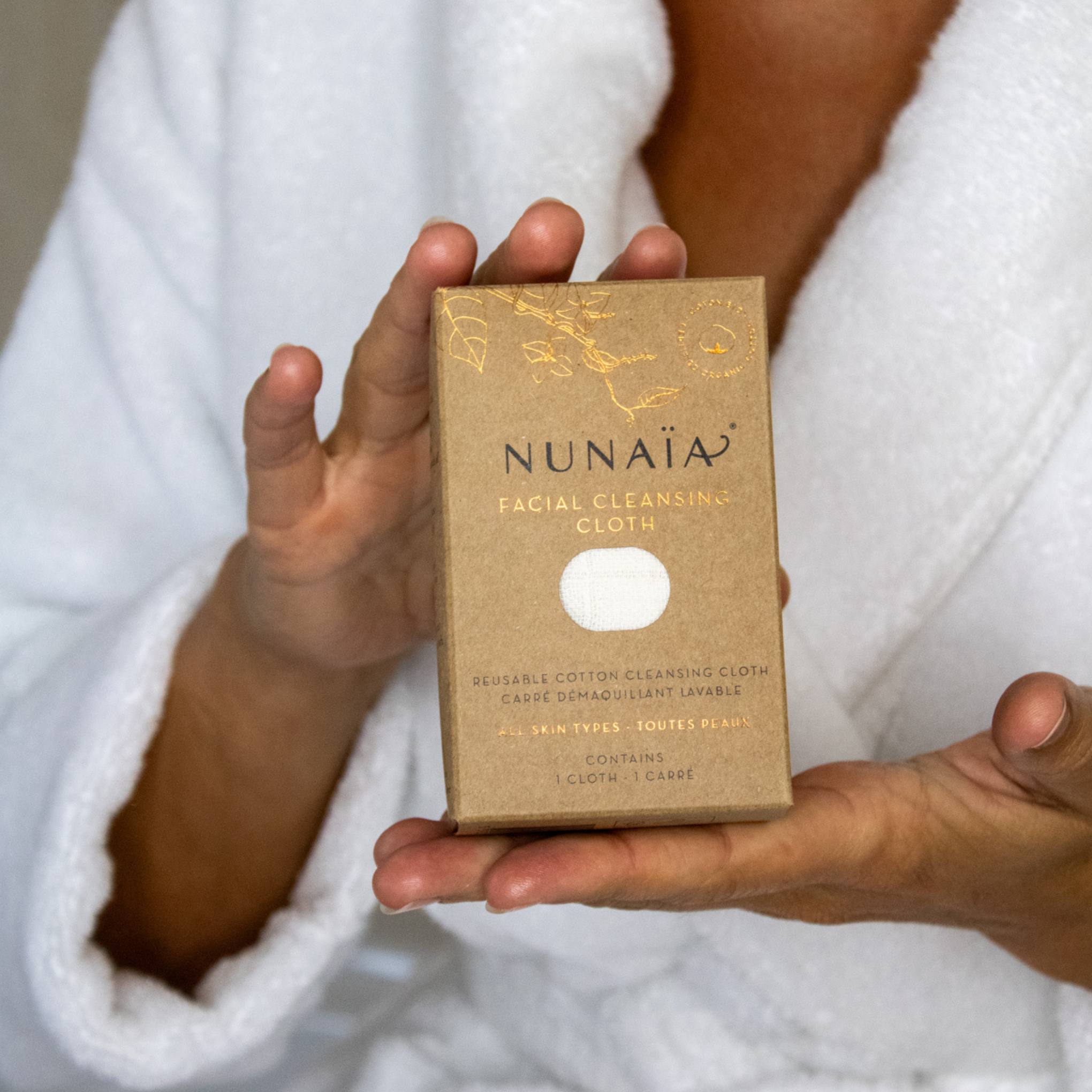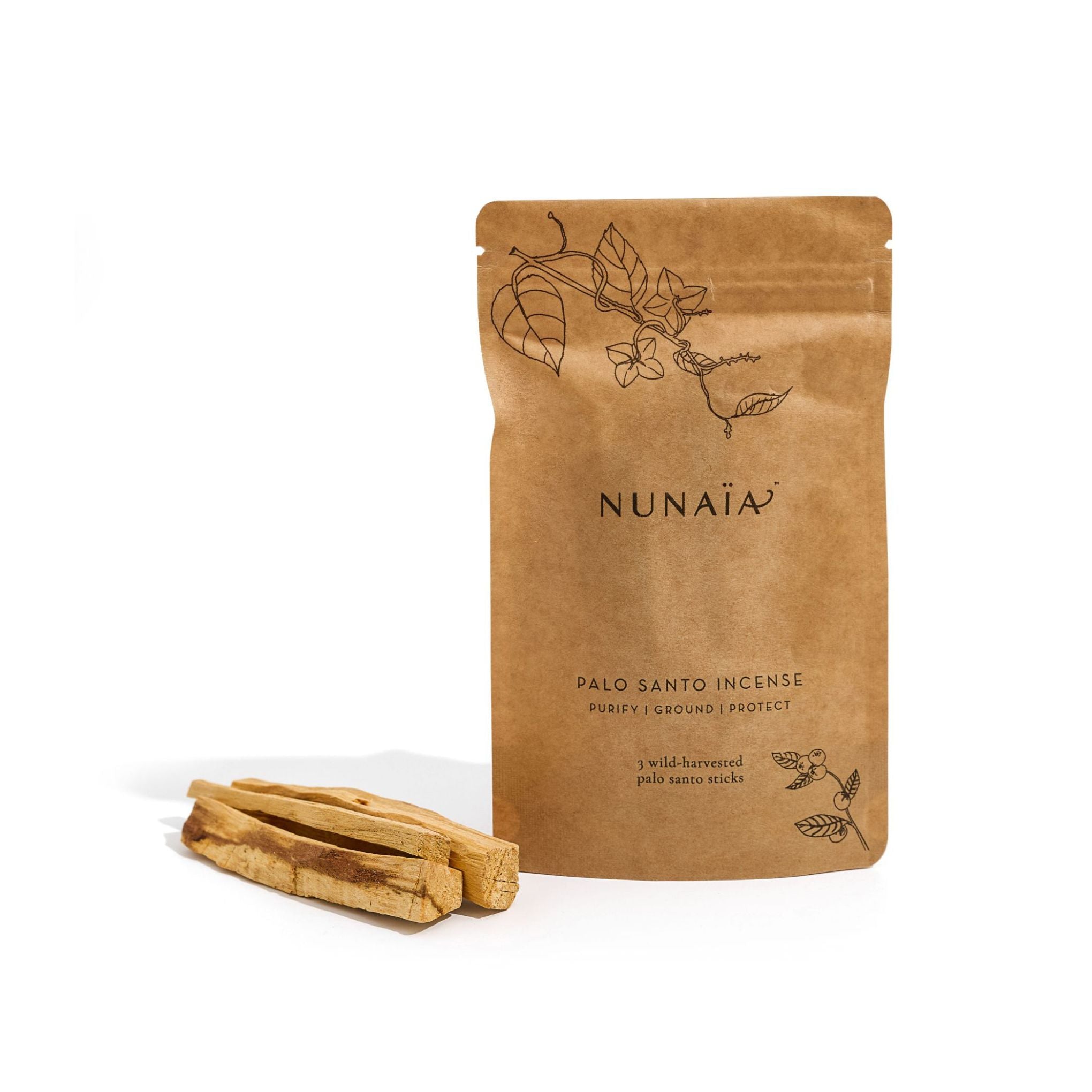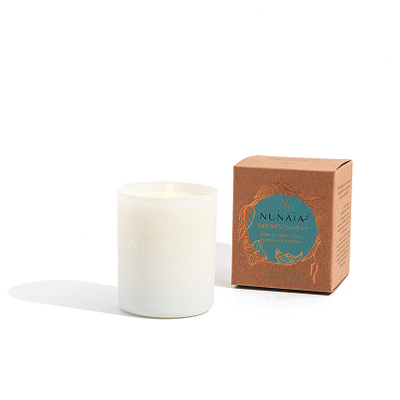In today's post we share 5 science-based tips for reducing coronavirus anxiety by Dr. Philippa Connolly. Philippa has a PhD in Clinical Psychology from Columbia University, and is based in New York City where she works in the Department of Psychiatry in Mount Sinai Hospital. She specializes in emotion regulation and resilience, trauma-informed approaches to treatment, and work with justice-involved individuals.
Coronavirus is all around us — if not the virus itself, certainly the headlines and chatter about it. Your social media feeds are likely inundated with conflicting information, rumors, and general uncertainty. The problem is that we are learning about the crisis in real-time, and the reality is that we simply do not know the extent of how it will impact each and every one of us.
Right now, you might be noticing a persistent feeling of unease or low level of anxiety related to Coronavirus — perhaps you’re finding it difficult to concentrate on work, your mind is racing, or your heart is pounding.
You are not alone.
We all experience anxiety at times, often when faced with danger or uncertainty, and the experience can be an unpleasant one. But did you know that it is also a highly important response? As psychologists, we know that anxiety is adaptive — it helps us to be alert and vigilant to potential threats and stay out of harms way. In fact, our bodies are designed to help us survive by activating the ‘fight or flight’ system at the merest hint of danger. For example:
- When your heart races before an exam, your body is preparing you to run by pumping more blood to your muscles
- When your breathing becomes fast and shallow in response to hearing a loud noise in the street, your lungs are taking in more oxygen to send to your muscles, so you can escape
- When your shoulders are tense or your legs are shaking during an argument your muscles are wound up like a spring ready for you to pounce to protect yourself
While staying up to date on the progression of the COVID-19 threat is prudent, being in a constant state of anxiety, or ‘fight or flight’, will leave you vulnerable to further anxiety and burn out.
Here are 5 science-based tools and techniques that you can use today to reduce anxiety and regulate your fight/flight system:
1) Put your brain to work
Remember that time you had to figure out a calculus math problem? Or assemble that Ikea bookshelf? Or remember the license plate of the Uber about to pick you up? Well it’s likely that while you were using your logic and reason, you weren’t able to think about how blue you were feeling or how excited you were. The same goes for fear, which is the basis of anxiety — when your brain is involved in cognitive processing it is almost impossible to feel your emotions, so try remembering and reciting all the words to your latest favorite song, counting backwards from 100 in multiples of 3, or do a Sudoku puzzle for a welcome reprieve from anxiety.
2) 5–7 Breathing
Breathe in for 5 seconds, and out for 7 seconds. It sounds simple because it is, and here’s the science behind why it works. The ‘fight or flight’ system, or the sympathetic nervous system, is regulated by the ‘rest and restore’ parasympathetic nervous system — they work in tandem to prepare the body to act and then to calm it down as needed. Breathing in naturally engages the fight/flight system and breathing out uses the opposite parasympathetic system. By extending your exhalation to longer than your inhalation, the calming parasympathetic system is being activated more than the fight/flight system. By breathing in cycles of 12 seconds you are slowing your breathing to five breaths a minute further slowing and calming your system.
3) Exercise
Yes, exercise is important for health and is best if done regularly, but even a short burst of exercise or activity can help reduce anxiety. When our bodies are wound up and tense, we are taking in shallow breaths of air, and our heart is racing. These are signs that we are quite literally prepared to either attack or escape. Exercising can release that energy in a productive way, essentially ‘resetting’ the body. Try doing one minute of jumping jacks, press ups, or climbing the stairs. If you have mobility difficulties, you can do an activity from a seated or lying position, such as punching the air, raising and lowering your arms, opening and closing your fists. Not to mention that short periods of intense exercise (around 20 minutes) can create a surge of endorphins and increase positive emotions.
To read the full article that is hosted on the Medium site click here
Discover more about Nunaïa and how our rituals can help bring more calm in your day.
Many thanks to Philippa for sharing these helpful and easy tips with us.
Join our tribe and receive our wellness tools and tips for staying grounded during these turbulent times here
Note: Information provided is not intended to replace the advice of your mental health or medical provider. You should consult your physician before starting exercise.
